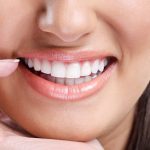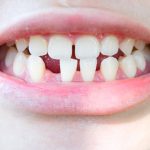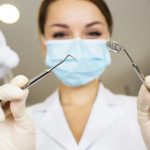When Can You Safely Enjoy Popcorn After Wisdom Teeth Extraction?
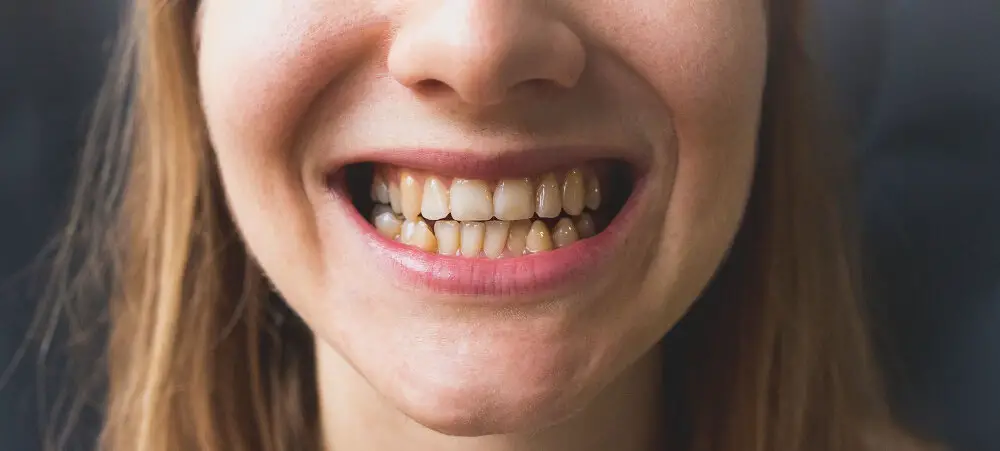
Wisdom teeth extraction is a common dental procedure that many people undergo. Although it is a minor surgery, it can still cause discomfort and pain for a few days post-surgery. One of the most common questions asked by patients after wisdom teeth extraction is when they can safely enjoy popcorn again. Popcorn is a snack that is enjoyed by many people, but it is also notorious for getting stuck in teeth and causing discomfort. In this article, we will discuss when it is safe to eat popcorn after wisdom teeth extraction, and what precautions you should take to avoid any complications. The healing process after wisdom teeth extraction can take anywhere from a few days to a few weeks, depending on the complexity of the extraction. During this time, it is important to avoid any hard, crunchy, or sticky foods that can cause irritation to the surgical site. Popcorn falls under the category of hard and crunchy foods, which can cause damage to the surgical site and delay the healing process. However, once the initial healing period is over, you can gradually reintroduce popcorn into your diet. In the following sections, we will discuss the timeline for when it is safe to eat popcorn after wisdom teeth extraction and what precautions you should take to avoid any complications.
Wisdom teeth extraction is a surgical procedure performed to remove one or more of the four permanent adult teeth located at the back of the mouth. These teeth, also known as third molars, typically erupt between the ages of 17-25 and can cause a variety of dental problems if they don’t have enough space to grow in properly. Some of the common issues associated with wisdom teeth include impaction, infection, gum disease, and tooth decay. To address these problems, a dentist or oral surgeon may recommend the extraction of one or more wisdom teeth. The procedure typically involves numbing the area around the tooth and using specialized tools to loosen and remove the tooth from the socket. After the extraction, patients may experience some pain and swelling, but these symptoms can usually be managed with over-the-counter pain relievers and ice packs. It’s important to follow your dentist’s aftercare instructions carefully to ensure proper healing and minimize the risk of complications.
Following postsurgery instructions is crucial for a successful recovery after any surgical procedure, including wisdom teeth extraction. These instructions are given by the dentist or oral surgeon to ensure that the patient heals properly and avoids any complications. Neglecting these instructions can lead to bleeding, infection, and prolonged healing time. Instructions may include avoiding certain foods and activities, taking medication as prescribed, and maintaining good oral hygiene. One important instruction after wisdom teeth extraction is avoiding popcorn until the surgical site fully heals. Popcorn can get stuck in the extraction site and cause irritation or infection. By following the post-surgery instructions, patients can minimize discomfort, reduce the risk of complications, and return to their normal activities sooner.
Understanding the Healing Process
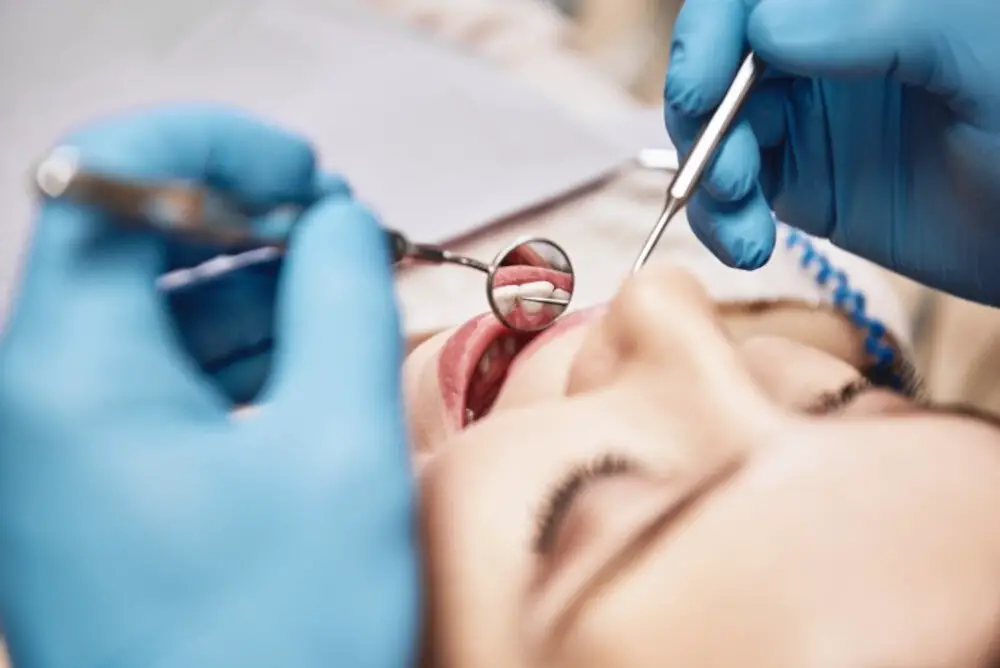
The healing process is a complex and dynamic series of events that occurs in response to tissue damage or injury. Understanding the healing process is essential to ensure a successful recovery after wisdom teeth extraction. Immediately after the procedure, blood clots form at the extraction site to stop bleeding and initiate the healing process. Over the next few days, the body’s natural healing mechanisms kick in, including inflammation, cell proliferation, and tissue remodeling. Inflammation is a critical component of the healing process, as it helps to remove damaged tissue and debris and promotes the formation of new blood vessels. Cell proliferation involves the growth and division of new cells to replace the damaged tissue, while tissue remodeling involves the reorganization of tissue to restore its normal structure and function. It’s important to note that the healing process is highly individualized, and factors such as age, overall health, and the extent of the injury can all impact the speed and effectiveness of healing. When it comes to enjoying popcorn after wisdom teeth extraction, it’s crucial to understand the healing process to determine when it’s safe to eat solid foods. In general, it’s recommended to stick to a soft-food diet for the first few days after the procedure to allow the healing process to progress without disruption. This means avoiding crunchy, chewy, or spicy foods that can irritate the extraction site and prolong healing. As the healing process progresses, you can gradually reintroduce solid foods into your diet, starting with soft foods like mashed potatoes or scrambled eggs. Once the extraction site has fully healed, which typically takes about 7-10 days, you can enjoy your favorite crunchy snacks like popcorn without fear of causing further damage or delaying the healing process. However, it’s important to listen to your body and avoid any foods that cause discomfort or pain, as this may be a sign that the healing process is not yet complete.
The process of healing is a complex and intricate biological mechanism that involves a series of sequential events to repair damaged tissues. After wisdom teeth extraction, the body immediately initiates the healing process by forming a blood clot at the extraction site. Over the next few days, the clot will gradually transform into granulation tissue, which is a type of connective tissue that supports wound healing. The body will then begin to form new blood vessels, generate new tissues, and remodel the existing tissue to restore the damaged area. This process can take several weeks to months, depending on the severity of the injury. During this time, it is important to follow the post-operative instructions provided by the surgeon to ensure a safe and speedy recovery.
The timeline of recovery after wisdom teeth extraction varies from person to person, but generally, it takes about one to two weeks to fully recover. During the first few days, it’s important to rest and avoid any strenuous activities. Swelling and discomfort are common during this time, but they can be managed with pain medication and ice packs. After about a week, most people can resume their normal activities, but they should still avoid eating hard or crunchy foods, such as popcorn, until the extraction site has fully healed. It’s important to follow the dentist’s instructions and attend follow-up appointments to ensure proper healing and prevent any complications.
The healing time after wisdom teeth extraction can vary depending on several factors. Firstly, the complexity of the extraction procedure can play a significant role in healing time. If the tooth was impacted or required surgical removal, it will take longer for the area to heal. Additionally, the individual’s overall health and immune system will affect the healing process. Those with compromised immune systems or chronic medical conditions may experience a longer healing time. Poor oral hygiene, smoking, and consuming alcohol can also delay healing time. Lastly, following post-operative care instructions, including avoiding certain foods like popcorn, can impact the healing process positively or negatively.
Foods to Avoid After Wisdom Teeth Extraction
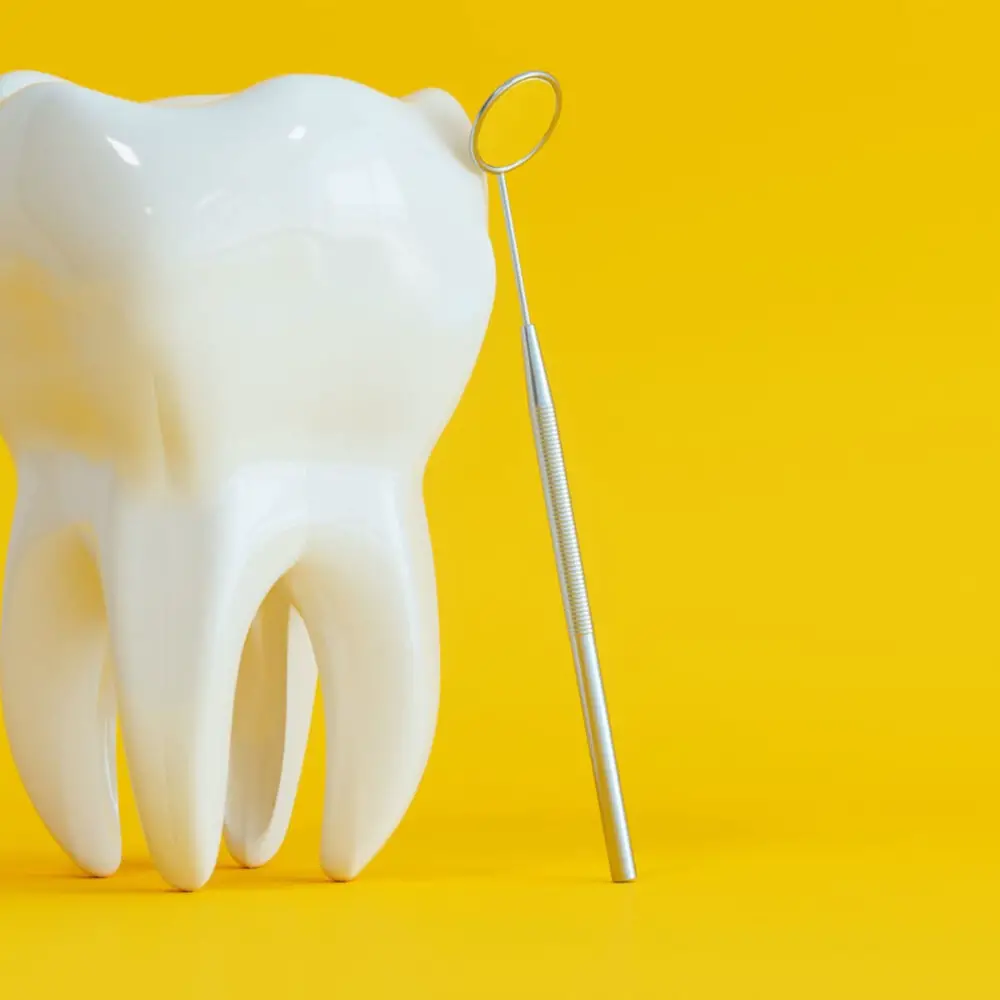
After a wisdom tooth extraction, it’s essential to stick to a soft and bland diet to allow the surgical site to heal correctly. Certain foods can irritate or damage the extraction site and prolong the healing process. As a result, it’s crucial to avoid certain foods, such as popcorn, nuts, chips, and hard candies, for at least a week or two after the surgery. These foods are crunchy and require significant chewing, which can dislodge blood clots, delay healing, and cause pain and discomfort. Additionally, small popcorn kernels or shell fragments can get stuck in the extraction site, leading to infection and other complications. Therefore, it’s best to avoid popcorn and other hard or crunchy foods until the dentist gives the green light. Another food group to avoid after wisdom tooth extraction is spicy and acidic foods. Spicy foods like hot sauce, chili, and curry can irritate the extraction site, causing pain, inflammation, and discomfort. Similarly, acidic foods like citrus fruits, tomatoes, and vinegar can also irritate the surgical site, delay healing, and increase pain. Additionally, carbonated drinks like soda and sparkling water can create suction and pressure in the mouth, causing discomfort and dislodging blood clots. Thus, it’s best to stick to bland, soft, and easy-to-digest foods like mashed potatoes, soup, yogurt, and smoothies for the first few days after wisdom tooth extraction. Once the dentist confirms that the surgical site has healed correctly, you can gradually reintroduce harder and spicier foods into your diet.
After wisdom teeth extraction, it’s crucial to avoid certain foods that may cause irritation or infection to the surgical site. Some of the foods to avoid include hard, crunchy, or sticky foods such as popcorn, nuts, chips, and gum. Additionally, spicy or acidic foods like citrus fruits, vinegar-based dressings, and tomato-based products should be avoided as they can cause discomfort and delay the healing process. It’s also important to avoid carbonated beverages and alcohol, as they can interfere with blood clotting and increase the risk of dry socket. Instead, opt for soft foods like mashed potatoes, smoothies, and scrambled eggs until your dentist gives you the green light to resume your regular diet.
After wisdom teeth extraction, it is crucial to avoid foods that may cause complications and delay the healing process. Specifically, crunchy and hard foods such as popcorn should be avoided because they can easily get trapped in the extraction site, leading to infection and inflammation. Additionally, the hard kernels of popcorn can further irritate the sensitive tissues of the mouth, causing pain and discomfort. It is best to stick to soft and easily digestible foods such as soups, smoothies, and mashed potatoes during the initial days after wisdom teeth extraction. Following these dietary restrictions will help ensure the proper healing of the extraction site and prevent any unnecessary complications.
Modifying your diet during recovery after wisdom teeth extraction is crucial for faster healing and to avoid complications. First and foremost, it is best to stick to soft foods that can be easily chewed and swallowed, such as mashed potatoes, yogurt, and smoothies. Avoid hard, crunchy, or sticky foods that can irritate the wound and cause discomfort. Incorporating nutrient-rich foods like protein, fruits, and vegetables can also help boost your immune system and aid in healing. It’s also essential to stay hydrated and avoid alcohol and tobacco products during recovery. Following these tips will ensure a smooth and speedy recovery after wisdom teeth extraction.
When Can You Safely Eat Popcorn?
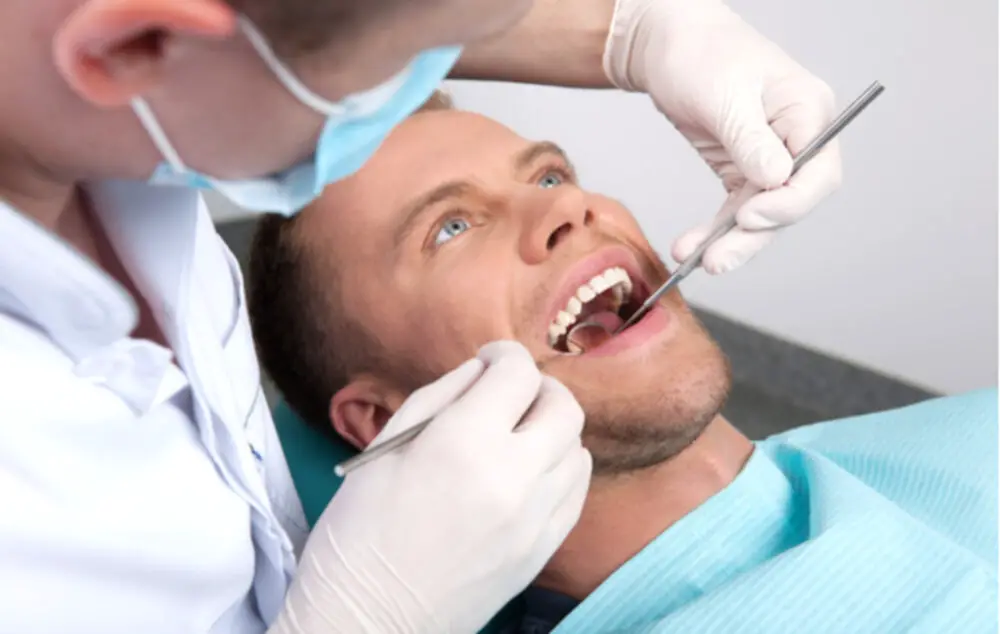
Popcorn is a beloved snack for many, but for those who have recently had their wisdom teeth removed, it may not be the best choice. The risk of getting bits of popcorn stuck in the extraction site can cause discomfort and even infection. It is recommended that you avoid popcorn for at least the first few days after your wisdom teeth extraction to allow the area to heal properly. Soft foods such as mashed potatoes, yogurt, and soup are better options during this time. After a few days, if you feel comfortable, you may be able to slowly reintroduce popcorn into your diet. However, it is important to be cautious and chew slowly to avoid any issues. Once the initial healing period has passed, it is generally safe to eat popcorn again. However, it is important to remember to always practice good oral hygiene and to be cautious when eating popcorn to avoid getting kernels lodged in your teeth or gums. Additionally, if you experience any discomfort or pain while eating popcorn, it may be best to avoid it altogether. Ultimately, it is important to listen to your body and to follow the advice of your dentist or oral surgeon to ensure a safe and healthy recovery after wisdom teeth extraction.
While popcorn is undoubtedly a tasty snack, it is best to avoid it after wisdom teeth extraction due to its hard and sharp kernels. Consuming popcorn can easily lead to the dislodging of blood clots, which are crucial for the healing process. The kernels can also get stuck in the extraction site, leading to infection and other complications. Additionally, the rough texture of popcorn can irritate the sensitive tissues in the mouth, causing discomfort and pain. Opting for softer foods that are easier to chew and swallow is the best way to ensure a speedy and successful recovery after wisdom teeth extraction.
The timeline for reintroducing popcorn after wisdom teeth extraction can vary depending on the individual’s recovery process. Generally, it is recommended to avoid popcorn for at least 1-2 weeks post-surgery to allow for proper healing and to avoid any potential irritation or damage. After this initial period, soft and easily chewable foods can be gradually introduced, and popcorn can be reintroduced once the surgical sites have fully healed and there is no discomfort or sensitivity. It is important to follow the dentist or oral surgeon’s recommendations and to proceed with caution when reintroducing harder or crunchier foods to avoid any complications or setbacks in the healing process.
There are several indicators that it is safe to consume popcorn after wisdom teeth extraction. Firstly, the swelling and pain in the affected area should have subsided to a great extent. Secondly, the extraction site should have started to heal, and there should be no bleeding or discharge. Thirdly, the patient should be able to open their mouth fully, without experiencing any discomfort or pain. It is essential to note that even if these signs are present, it is still crucial to exercise caution and start with small amounts of popcorn to avoid any possible complications.
Tips for Enjoying Popcorn After Wisdom Teeth Extraction
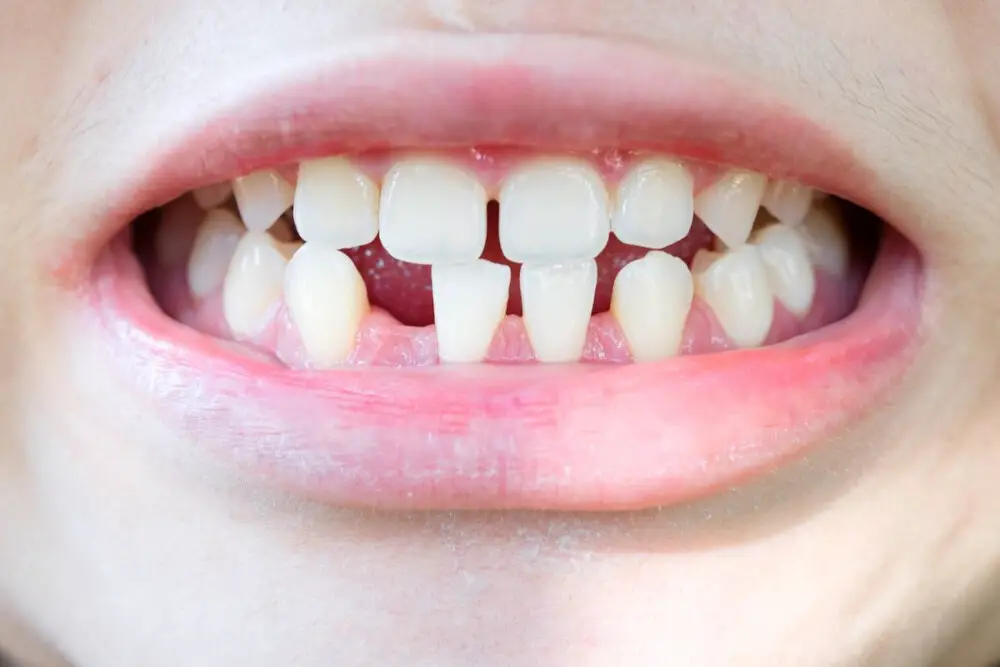
After wisdom teeth extraction, it is essential to follow the post-operative instructions provided by your dentist to avoid complications and promote healing. One of the most common questions patients have is when they can start enjoying their favorite snack, popcorn. While popcorn can be a delicious and healthy snack, it can also be a choking hazard and cause discomfort during the healing process. Therefore, it is essential to wait until you are fully healed before indulging in popcorn. To enjoy popcorn after wisdom teeth extraction safely, you should wait at least two weeks or until your dentist gives you the green light. During the recovery period, it is best to stick to soft foods that do not require much chewing, such as mashed potatoes, soup, and smoothies. These foods are gentle on your mouth and will not disturb the healing process. Once your dentist confirms that your gums have fully healed, you can gradually introduce popcorn back into your diet. Start with small amounts and chew slowly to avoid any discomfort or damage to your teeth and gums. Additionally, it is recommended to rinse your mouth with water or saltwater after eating popcorn to remove any kernels or debris that may get stuck in your teeth or gums.
There are several ways to make popcorn easier to eat, especially after wisdom teeth extraction. First, you can try popping the kernels until they are very fluffy and light, which reduces the risk of hard kernels getting lodged in the extraction site. Another option is to break the popcorn into smaller pieces before eating it, which can make it easier to chew and less likely to get stuck in the teeth. Additionally, you can try adding some butter or oil to the popcorn, which can help it slide down the throat more easily. However, it is important to remember that popcorn should be avoided for at least a week after wisdom teeth extraction to ensure proper healing of the extraction site.
When consuming popcorn after a wisdom teeth extraction surgery, it is important to take necessary precautions to avoid any complications. Firstly, ensure that the popcorn is soft and well-popped to avoid any hard kernels that could potentially harm the healing area. Avoid adding any hard toppings such as nuts or candy, as they may also cause discomfort. It is also advised to refrain from consuming popcorn for at least a week after the surgery to allow the area to fully heal. Additionally, make sure to rinse your mouth thoroughly after consuming popcorn to remove any leftover kernels or debris. Following these precautions will help ensure a smooth and safe recovery process after wisdom teeth extraction.
After a wisdom teeth extraction, it is essential to take proper care of the surgical site to ensure a speedy and successful recovery. One of the crucial steps to avoid damaging the surgical site is to avoid eating any hard, crunchy, or sticky foods such as popcorn, chips, nuts, or candies. Instead, opt for soft and easy-to-chew foods such as soups, mashed potatoes, or smoothies. Additionally, it is essential to maintain good oral hygiene by brushing gently twice a day and rinsing with salt water. Avoid touching the surgical site with your fingers or tongue, and do not use straws for drinking as it may dislodge the blood clot and cause dry socket, a painful condition that occurs when the protective blood clot is removed from the socket. By following these simple tips, you can ensure a comfortable and speedy recovery after wisdom teeth extraction.
In summary, after wisdom teeth extraction, it is recommended to wait at least 3-4 days before consuming popcorn. This is because the small hard kernels can easily get lodged in the healing sockets causing discomfort, infection, and delay in the healing process. Additionally, it is essential to avoid any crunchy or hard foods during the first week after the surgery, opt for soft and easy-to-chew foods like mashed potatoes, smoothies, and soup instead. It is also crucial to maintain good oral hygiene by rinsing gently with warm salt water and avoiding any vigorous brushing or flossing near the extraction site. By following these guidelines, you can ensure a smooth and speedy recovery after wisdom teeth extraction.
Following postsurgery instructions is essential for a speedy recovery and to prevent any complications. After a wisdom teeth extraction, it is crucial to take care of the surgical site by following the prescribed aftercare routine, which includes avoiding hard and crunchy foods like popcorn for a specific period. Neglecting to follow these instructions can lead to bleeding, infection, and other severe issues that may require additional medical intervention. Therefore, it is essential to adhere to the instructions given by the dentist or surgeon to ensure a successful and comfortable recovery.
Final tips for a successful recovery after wisdom teeth extraction include taking it easy for a few days, following all post-operative instructions from your dentist or oral surgeon, and maintaining good oral hygiene practices. This includes brushing your teeth gently and avoiding the surgical area, using a saltwater rinse to keep the wound clean, and avoiding smoking or using straws which can dislodge the clot and delay healing. It’s also important to eat soft, nutritious foods like soup, yogurt, and mashed potatoes, and to stay hydrated by drinking plenty of water. With these tips in mind, you can ensure a smooth and speedy recovery and get back to enjoying your favorite snacks like popcorn in no time.
Conclusion
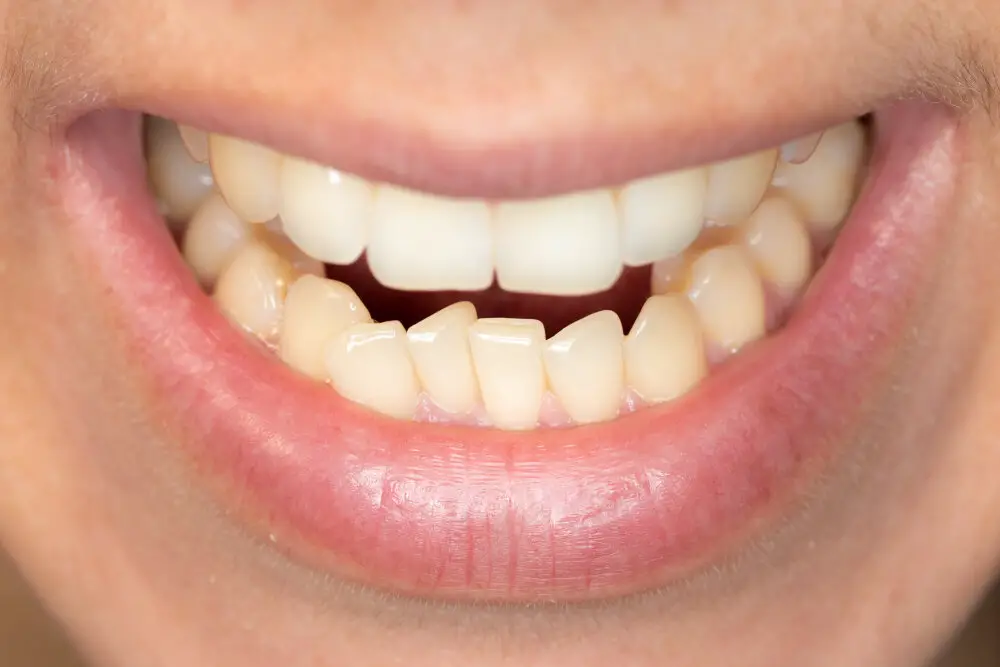
In conclusion, enjoying popcorn after wisdom teeth extraction is not recommended until several weeks have passed and the surgical area has fully healed. While popcorn is a tasty and convenient snack, it can pose a risk to the healing process and potentially cause complications such as infection or irritation. It is crucial to follow your dentist or oral surgeon’s instructions and stick to a soft food diet during the initial stages of recovery. Patience and diligence in following post-operative instructions will aid in a smooth and successful healing process, ensuring that you can enjoy your popcorn and other favorite treats without any complications or setbacks.

